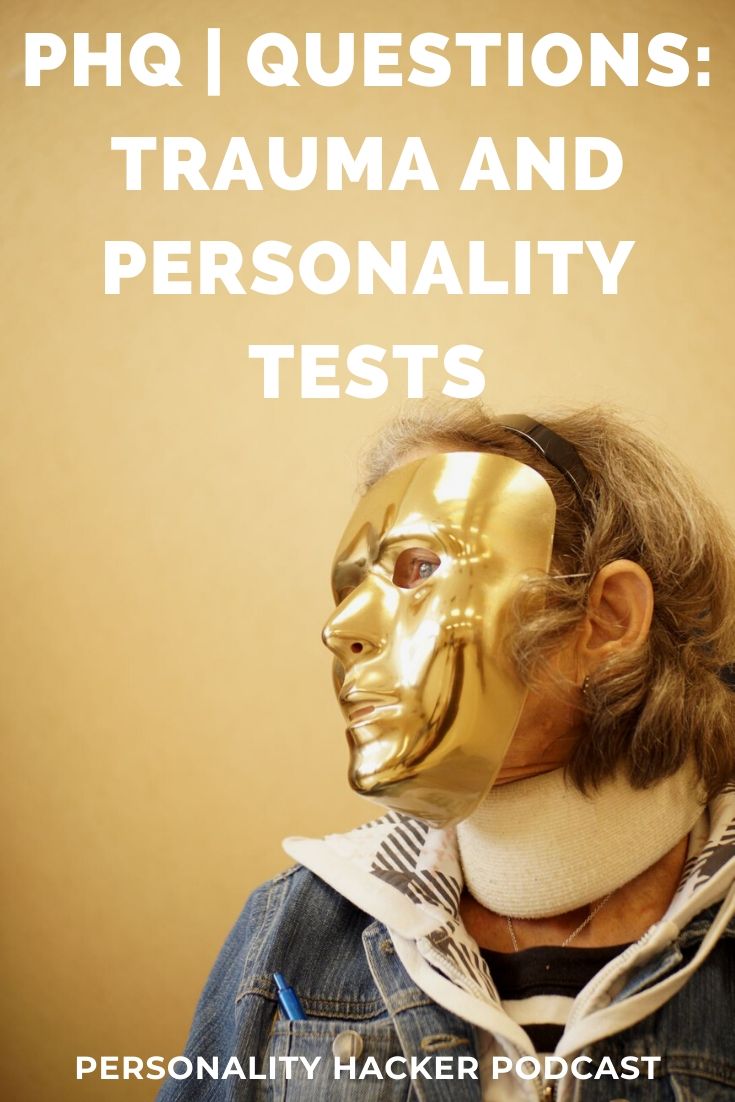Download Episode Here – right click link and select “Save Link As…”
PHQ | QUESTIONS FROM COMMUNITY: In this episode, Joel and Antonia answer a question about trauma and personality tests.
To subscribe to the podcast, please use the links below:
Subscribe with iTunes
Non iTunes Link
Download The Android App
Subscribe on Soundcloud
Subscribe with Stitcher
If you like the podcast and want to help us out in return, please leave an honest rating and review on iTunes by clicking here. It will help the show and its ranking in iTunes immensely! We would be eternally grateful!
Want to learn more?
Discover Your Personal Genius
We want to hear from you. Leave your comments below…


Share:
PHQ | QUESTIONS: Shadow Personality Types
PHQ | QUESTIONS: INTP vs ENTJ
18 comments
This is a great podcast that addresses my own questions about trauma and type. I’ve been driving myself crazy trying to figure out my MBTI but my Enneagram type always remains pretty much the same. Can they be correlated (I’ve seen some try to do this on-line)and how do you see them interrelating in real time? Thanks.
I’d agree and disagree. Ultimately, when one has reached the highest stages of transcendence, we have no personality type. Our egos simply manifest different forms of identity.
That said, at the stage we’re generally addressing on this site it’s extremely valuable to find your Best-Fit Type, the single Myers-Briggs type that matches how your brain is wired when you are at your healthiest to promote continued health and focus on high leverage exercises to match that wiring.
If you mean we can manifest different types depending upon our level of development, I’d still argue that we are a single type calling upon different cognitive functions in our stack (or, the car model passengers, as we refer to them) strategically. We don’t ‘change’ type, but rather manifest different aspects of that type.
A
I’d agree – our programming and ‘outsourced’ values will sometimes skew our results. When we calibrate to our own authenticity and core values we generally have an easier time of finding our Best-Fit Type.
Thanks for the comment!
A
As mentioned in the podcast, there are multiple systems for understanding personality and when it comes to the type of trauma you’re referring to, another typology system may be contextually better for understanding the self than Myers-Briggs.
My preference when dealing with trauma (and healing) is the Enneagram system, which has written into the system multiple stages of each type at healthy, average and unhealthy levels.
If a person really wants to use Myers-Briggs, then it’s important to remember that we’ll be relying on different cognitive functions within our stack (or, in our terminology, the difference passengers in the car model) to deal with situations that are difficult or temporarily impossible to process at our ‘best selves’.
For example, an INFJ who is attempting to protect themselves may frequently go to their tertiary (or “10 Yr Old”) process to find a space that is cold and removed. That would be a thinking process – technically called Introverted Thinking, but what we refer to as “Accuracy” – and so they may artificially ‘show up’ and test as, say, an INTP in those times.
Thanks for the comment!
A
What you’re referring to as various stages of thinking processes I refer to in terms of Eric Berne’s ego states. For each of your thinking processes, I use a child, adult, and parent ego state. For example, my child ego state is INFP. My adult ego state is INTP. My parent ego state is INF J. My child ego state is what I came packaged with. My parents ego state is the resulting influence of my authority figures (e.g. parents, pastor). My adult ego state is my ability to use logic and reason.